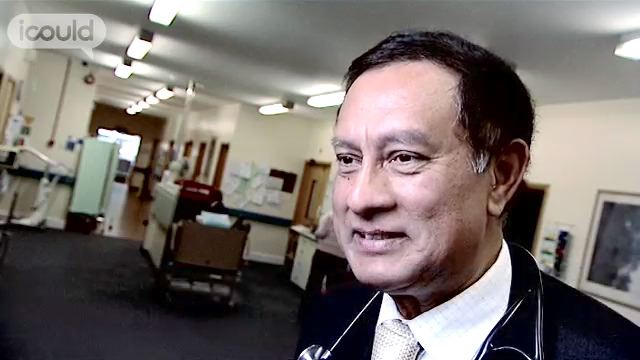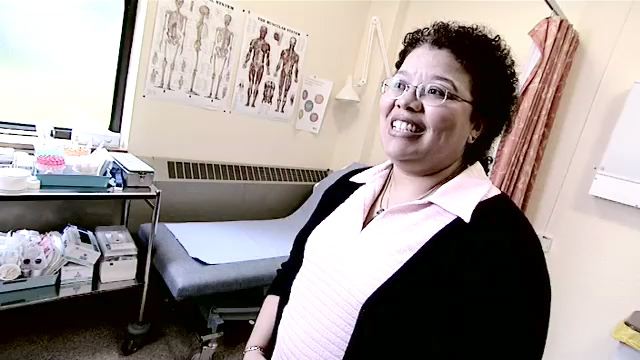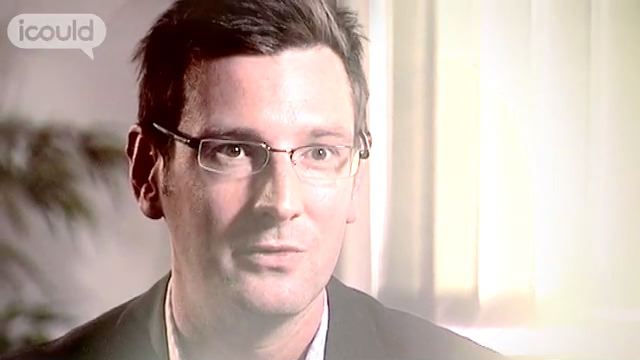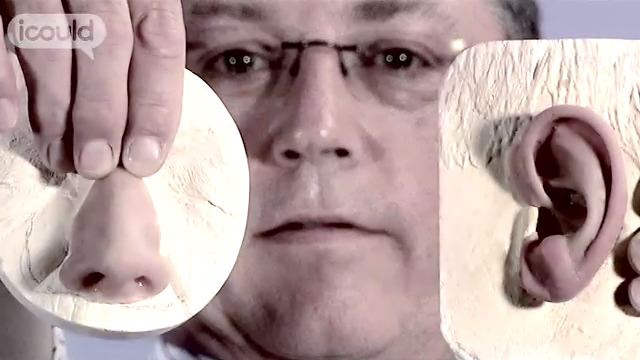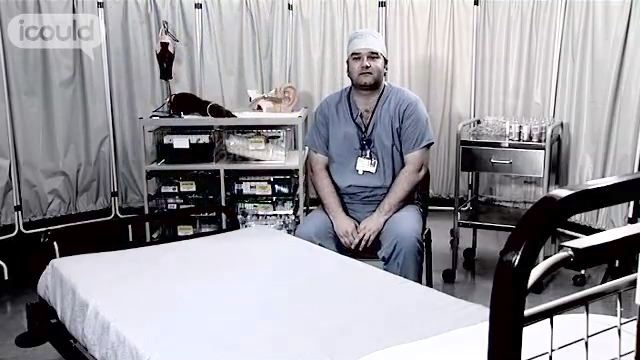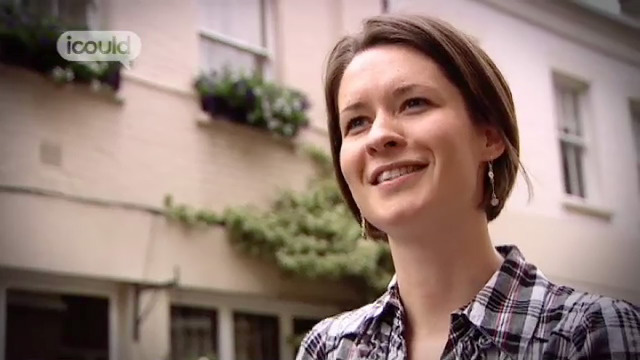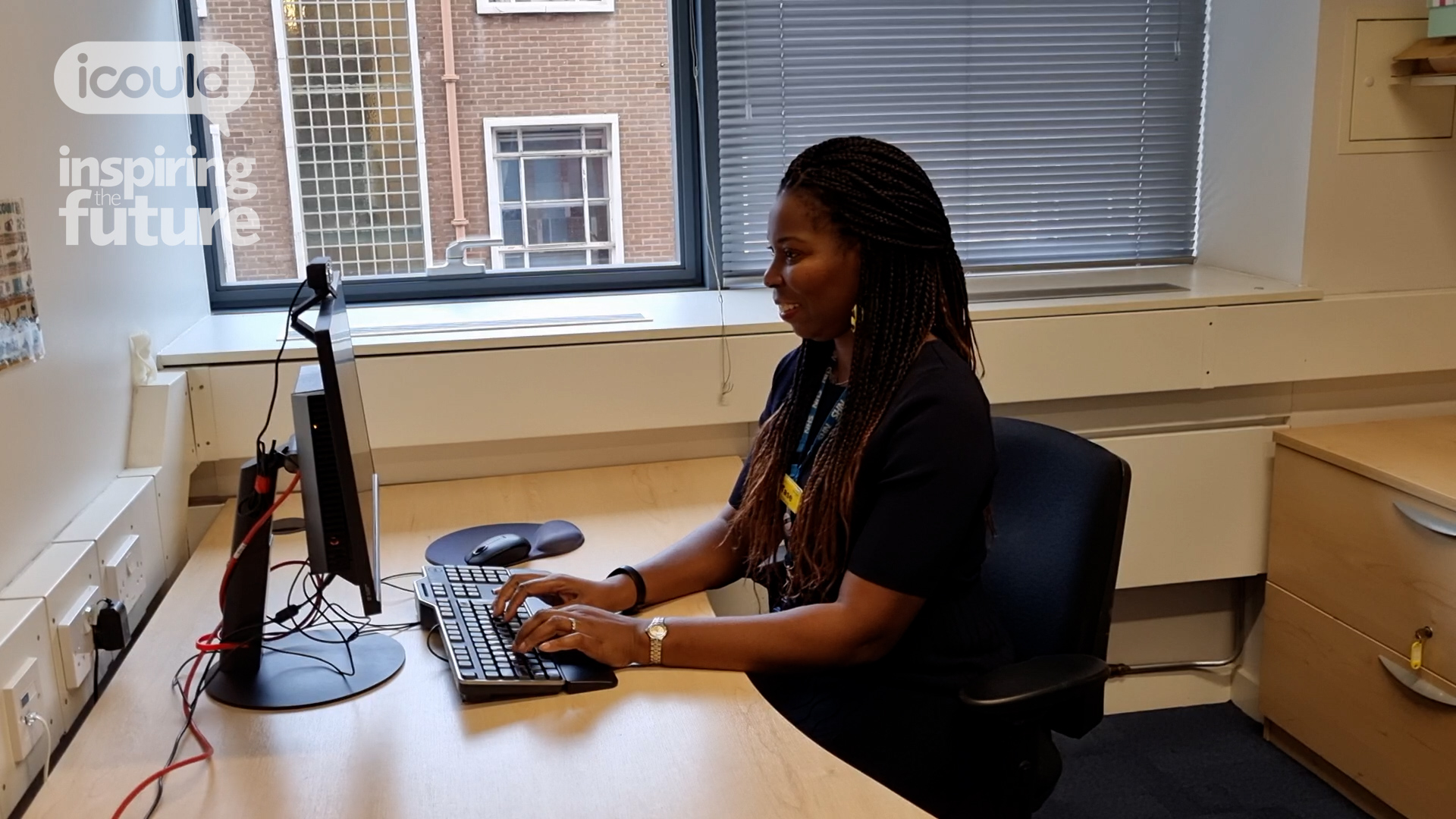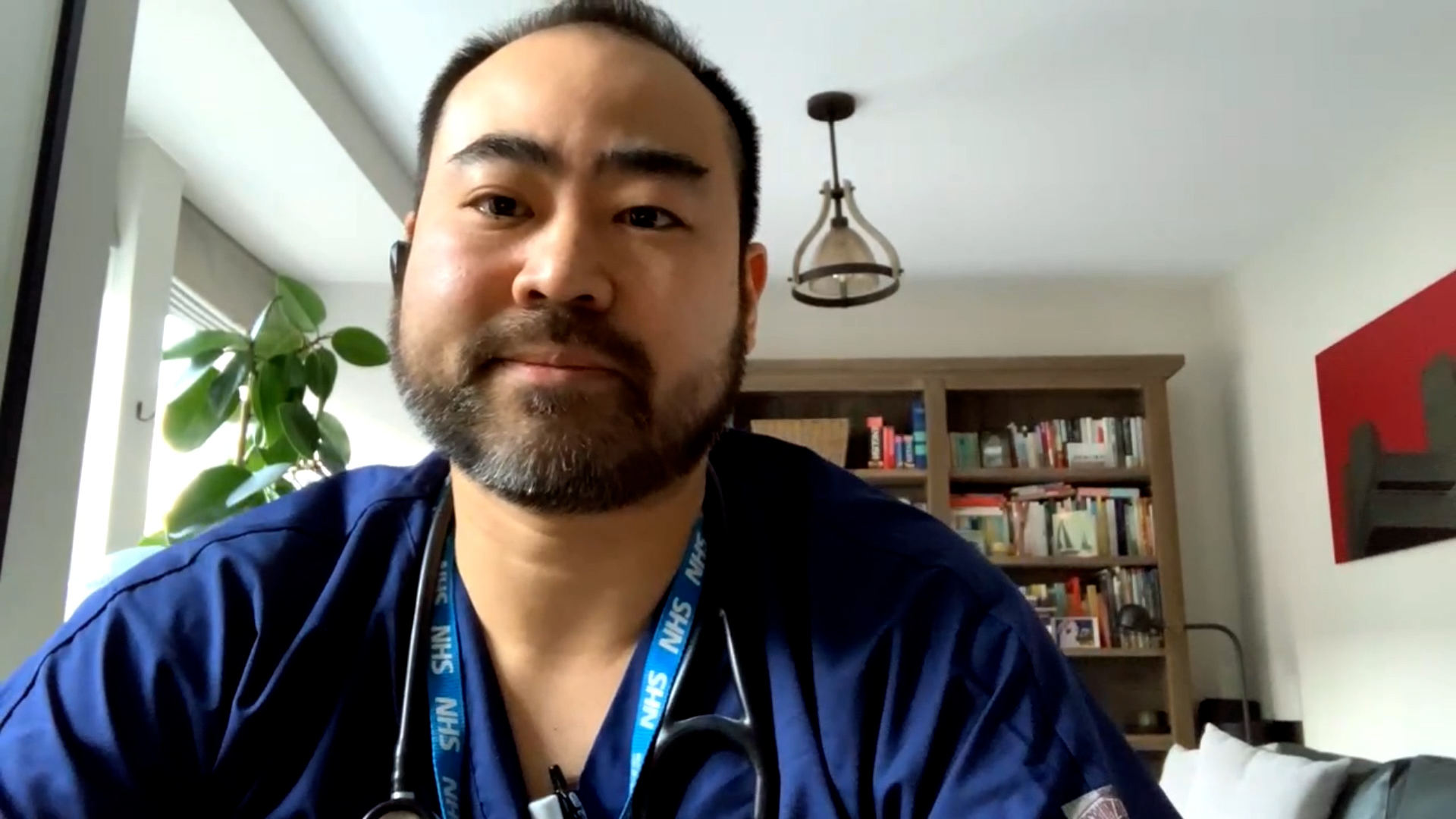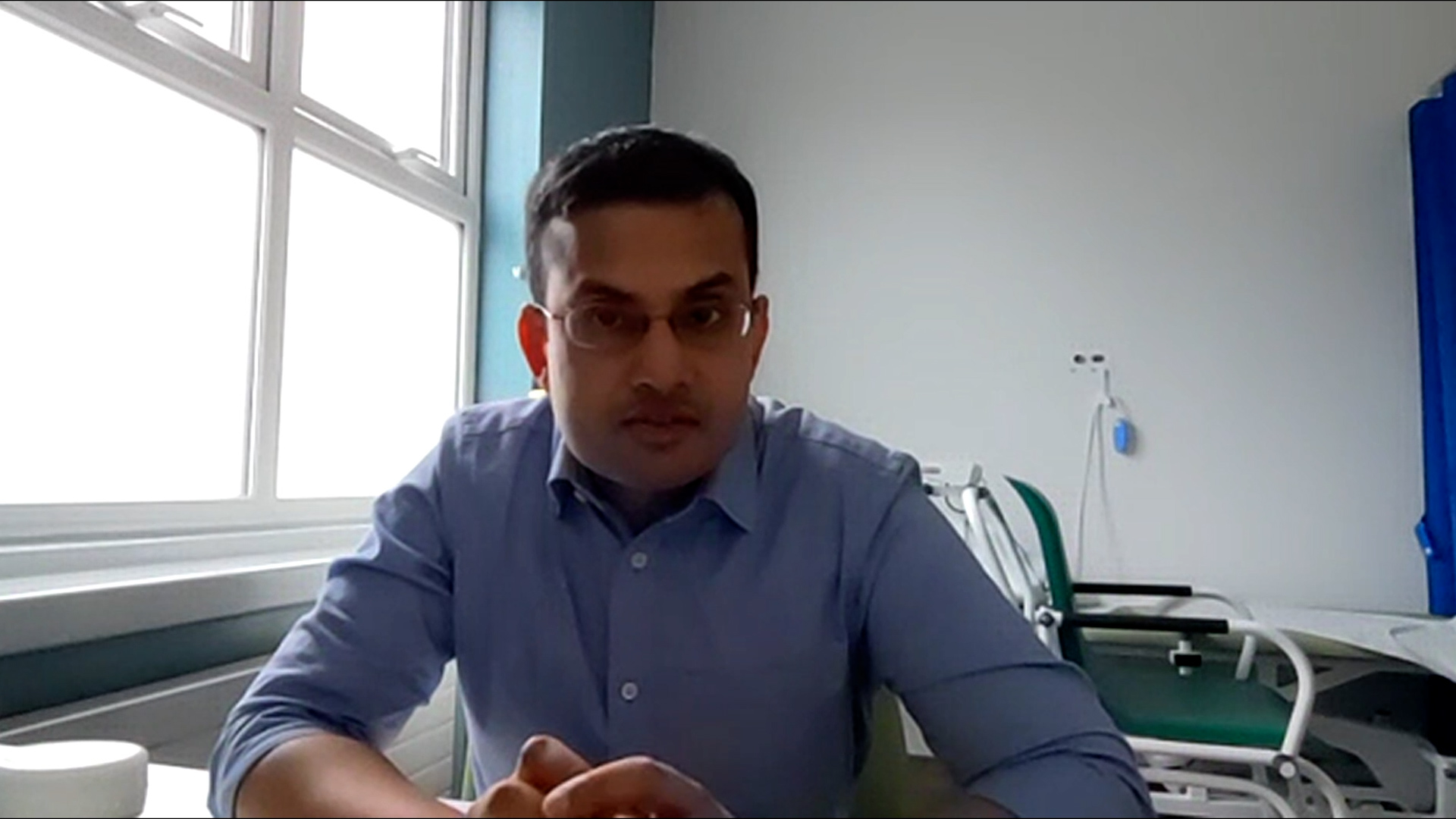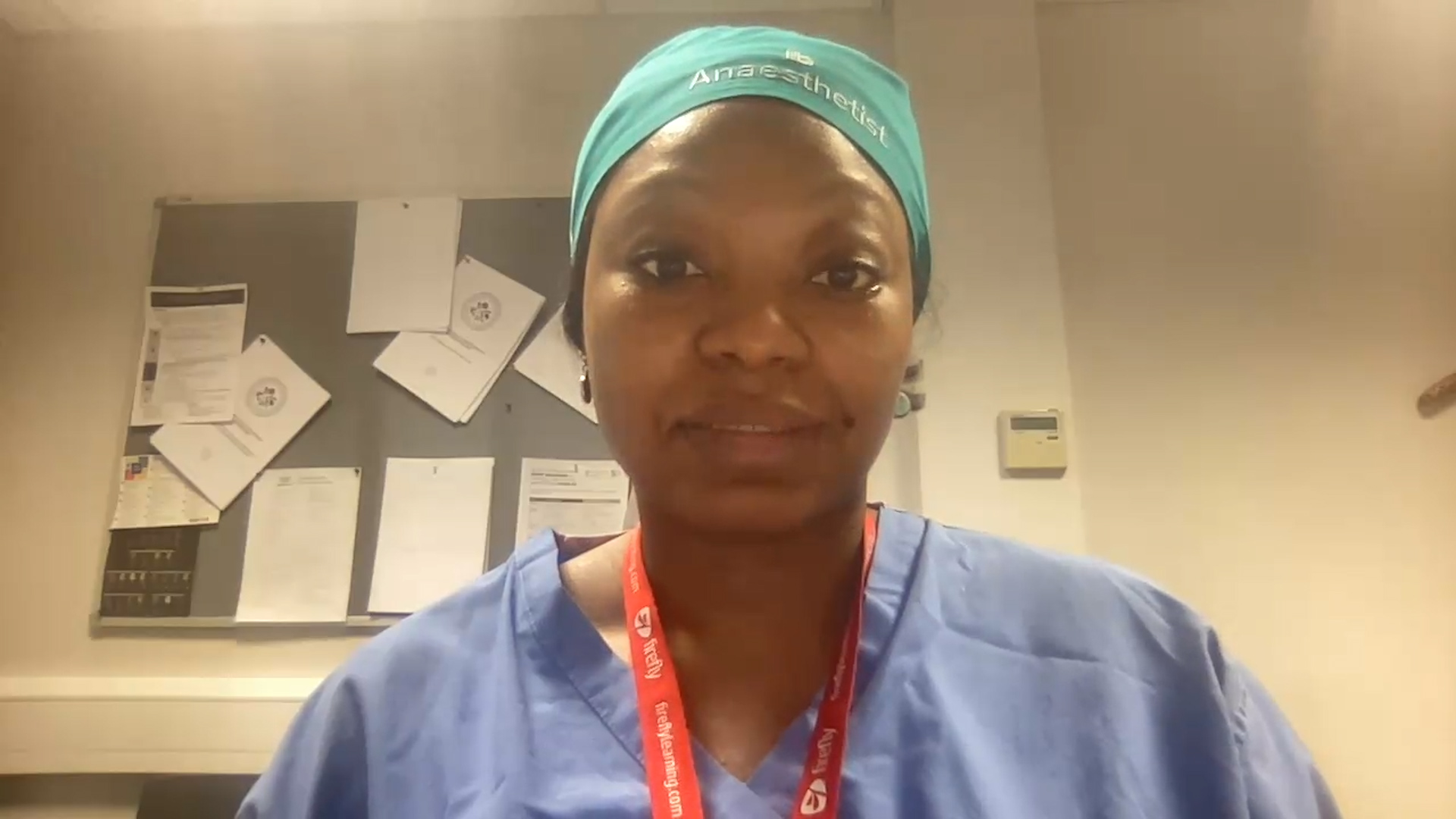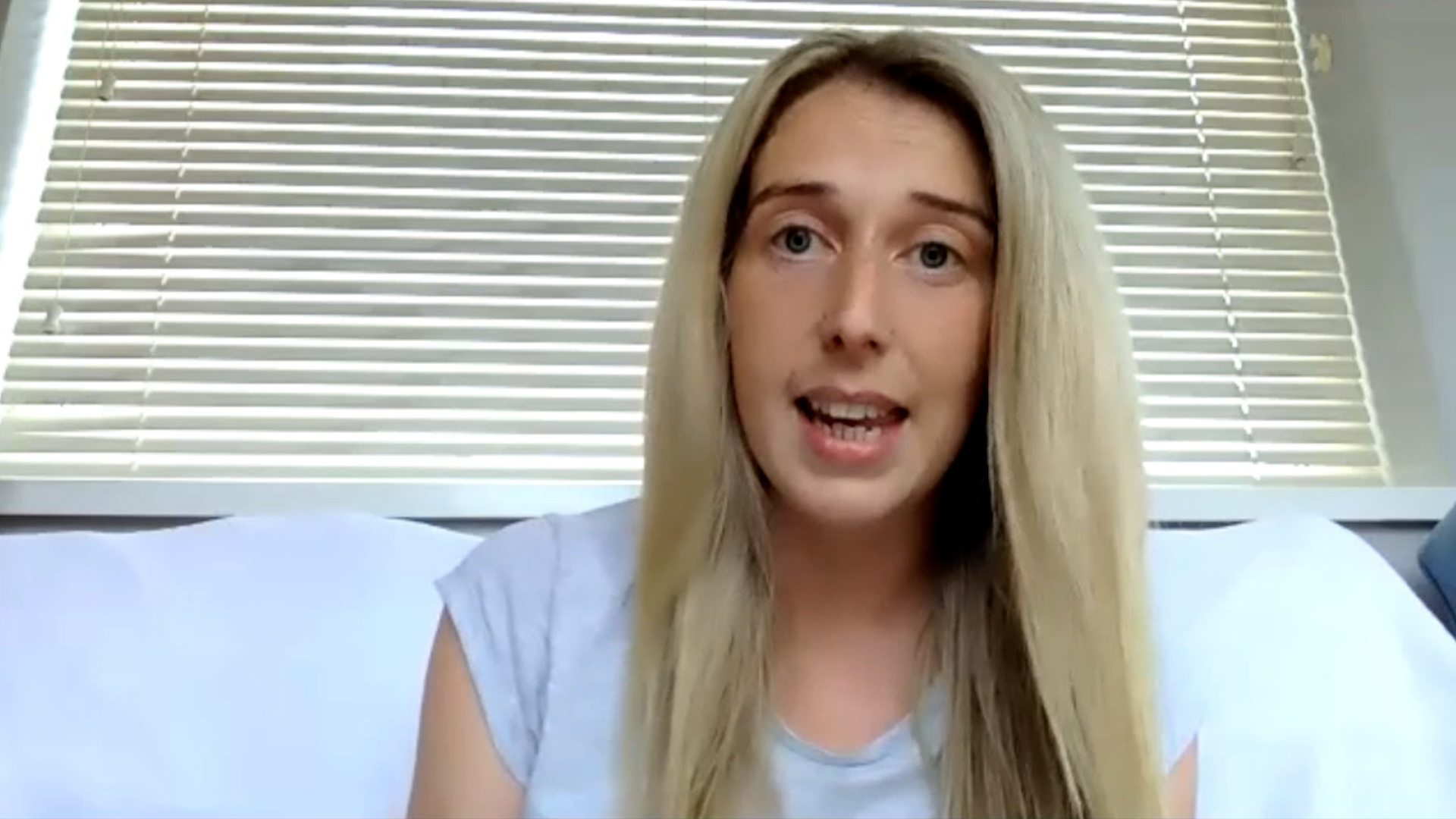Audiologist
Bolton NHS Foundation Trust
Jody B
My name is Jody B and I’m an Audiologist and the Royal Bolton Hospital. That involves hearing assessment and management really for adults; I’m part of the adult service.
I went to university, Manchester University to do a BSE degree which was four years. I graduated in 2007 in audiology. Although there’s no guarantee of a job at the end of the degree, I was a student at Bolton Hospital which all audiology students at the university have to go to a hospital for a placement and I was just lucky enough that I was able to get a job there at the end really.
When I first started looking to do a degree, or leaving 6th form at least I was wanting to do something in the health profession and looked at all various different degrees to do at different universities and Manchester was the one that does audiology.
My mum she’s a nurse so she’s always worked for the NHS. I’ve always been quite a caring person but I can’t say that anything at school any of the teachers at school influenced me but more of just my mum perhaps and the way I am.
I’ve always gone from one education to the next, I didn’t have any years out at school, you know from when I finished year 11 to sixth form and my parents were always quite keen for me to go to university. When I was 18 and looking at what I what I would want to do when I left school, growing up as a child audiology was something that I’d probably never even heard of actually until I was looking to do something after sixth form. In the adult service, which is who I work for, we do hearing tests, we fit digital hearing aids to adults who need a hearing aid from the hearing test that we would do. These are some examples of hearing aids that you can get on the NHS. Because of the digital technology these days everything is set up on the computer. We also do vesicular, which is balance testing and management. So it would mean if somebody has balance problems we could give them exercises to help with that. We also do tinnitus testing. Tinnitus is noises that you get in your ears so we can certainly help people with that kind of issue as well.
We do assessments so hearing assessments or balance assessments so then we would do the appropriate management, so whether it be hearing aid for hearing loss or for tinnitus management or exercises for balance problems.
I have just finished an MSC in audiology as well which I did at Manchester University. I finished that just last year which is advanced audiology. I think particularly in audiology things are changing so much over such a short space of time as well that you need to keep up with all the new technology so I think you’ve got no choice but to embrace all of the change and keep on learning.
Jody had an interest in sciences whilst at school. She investigated different degree courses and decided that audiology would be both an interesting course and give her good career prospects once she was qualified. As a student her placement was at Bolton NHS Foundation Trust and she was lucky enough to be offered a job by the Trust when she completed her degree course. She has since completed a Masters in Audiology.
More information about Medical practitioners
The UK average salary is £29,813
There are 37.5 hours in the average working week
The UK workforce is 47% female and 53% male
Future employment
- Examines patient, arranges for any necessary x-rays or other tests and interprets results;
- Diagnoses condition and prescribes and/or administers appropriate treatment/surgery;
- Administers medical tests and inoculations against communicable diseases;
- Supervises patient’s progress and advises on diet, exercise and other preventative action;
- Refers patient to specialist where necessary and liaises with specialist;
- Prepares and delivers lectures, undertakes research, and conducts and participates in clinical trials;
- Supervises the implementation of care and treatment plans by other healthcare providers.
